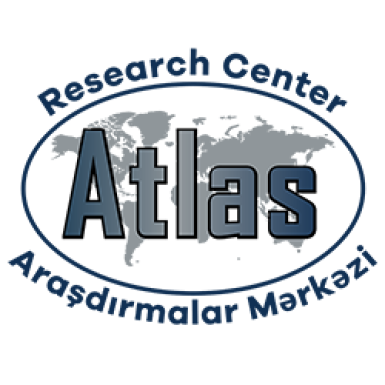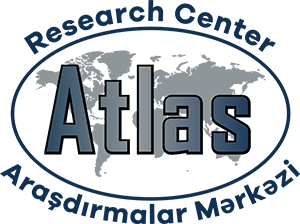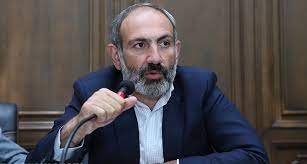According to the logic of the Prime Minister of Armenia, Nikol Pashinyan, official Yerevan did not agree to be located on the contact line with Azerbaijan due to the observers of Russia and the Collective Security Treaty Organization, so that 1) relations with the United States and the European Union would not be harmed; 2) The West should not face accusations that Armenia will create provocations against Azerbaijan on the joint line of contact with Russia.
Pashinyan's statement means that he is moving away from Russia's sphere of interest. A few weeks before this statement, he used the sentence "The military presence of Russia in Armenia (read: the presence of its military bases), which is waging a war in Ukraine, is a threat to Armenia." Pashinyan's statements of this type clearly irritate the Kremlin. It is no coincidence that Russian Foreign Minister Sergey Lavrov first used the phrase "Azerbaijan has liberated the lands occupied by Armenia".
Pashinyan began to distance himself in relations with Russia in order to get the support of the West in the fight against Azerbaijan. Pashinyan should try to stay away from Iran with the same logic. If the alliance with Russia, which is waging an aggressive war in Ukraine, is a blow to the image of Armenia in the West, the closeness with the theocratic Iran, which is under sanctions, may also create problems for Yerevan in its relations with Washington and Brussels. Perhaps this is why the Speaker of the Armenian Parliament, Alen Simonyan, said that Iran's support for Armenia does not come from great love for Armenians: "When Iran declares the inadmissibility of geopolitical changes, it does so primarily for itself. "Iran sells and transports weapons based on its national interests."
This is a new confession. Therefore, the alliance with Iran is also a burden for Armenia. Tehran will be irritated by Yerevan's correction of its foreign policy. The location of the European Union delegation, which will include French observers, along the contact line with Azerbaijan, in an area close to Iran, is against Tehran's interests. "Foreign countries should not be involved in solving the problems in the relations of the regional countries" - this is a statement repeatedly made by Iranian officials, diplomats, clerics and generals. Contrary to Tehran's approach, Iravan brings France to the region, which is involved in the tightening of sanctions against Iran.


